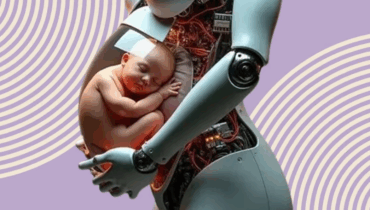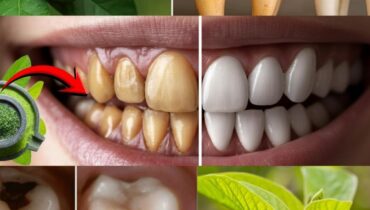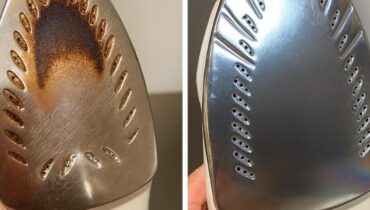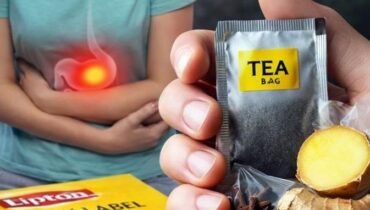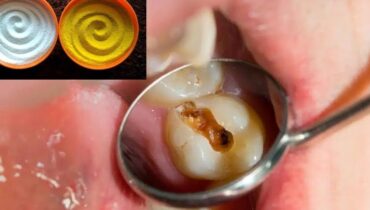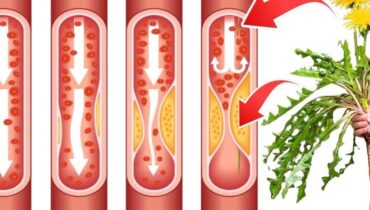📌 To Prevent Stroke, Remember the ‘3 Don’ts’ After Meals and the ‘4 Don’ts’ Before Bed — Stay Safe at Any Age
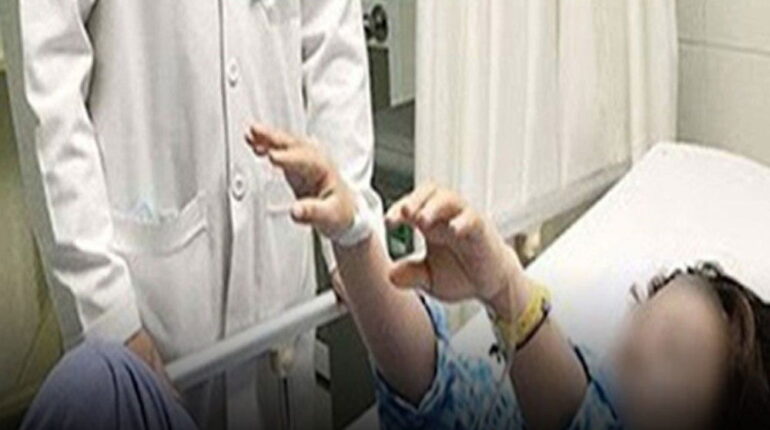
Posted 10 September 2025 by: Admin
Stroke prevention isn’t just about medication—it’s about consistent daily habits. Small choices after meals and before bedtime can greatly reduce your risk of stroke and keep your heart and brain healthier for years to come.
The “3 Don’ts” After Meals
Don’t Smoke
Lighting up after a meal can dramatically increase stroke risk. Smoking constricts blood vessels and raises blood pressure at a time when your body is diverting blood to aid digestion. Reduced oxygen supply and the tendency for clot formation make this combination particularly dangerous.
Don’t Take a Shower Immediately
A hot shower right after eating can redirect blood flow from your digestive organs to your skin. This can disrupt digestion, reduce oxygen supply to the brain, and cause dizziness or fainting—especially in older adults or those with hypertension. Waiting 30–60 minutes before showering helps maintain healthy circulation.
Don’t Sleep or Lie Down Right Away
Heading to bed or lying down immediately after a meal can lead to acid reflux, indigestion, and poor blood circulation. Over time, this habit contributes to obesity and heart disease—two major stroke risk factors. Give your body at least 30 minutes to digest before reclining.
The “4 Don’ts” Before Sleep
Never Eat a Heavy or Late Meal
A large, late-night meal keeps your digestive system working when it should be resting, disrupting sleep and spiking blood sugar and cholesterol. This combination increases long-term stroke risk. Opt for a light dinner at least two hours before bed.
Don’t Drink Alcohol
Although alcohol can make you drowsy, it interferes with sleep quality and raises nighttime blood pressure. Chronic drinking damages blood vessels and elevates stroke risk. Limiting alcohol—especially before bed—protects your cardiovascular system.
Don’t Use Electronic Devices Excessively
Excessive screen time at night disrupts melatonin production, delays sleep, and raises stress levels. Poor sleep quality and increased inflammation are linked to higher stroke risk. Power down screens at least 30 minutes before bed to support brain and heart health.
Don’t Sleep in a Cold Environment Without Warm Clothes
Sudden temperature drops during sleep can cause blood vessels to constrict sharply. For those with high blood pressure or heart conditions, this may trigger a stroke overnight or early morning. Keep your room comfortably warm and wear proper sleepwear to maintain stable circulation.
Stroke prevention begins with small, intentional actions. Avoiding smoking, showers, or lying down after meals—and steering clear of heavy meals, alcohol, screens, and cold before sleep—can protect your cardiovascular system. These habits are simple, adaptable for all ages, and powerful when practiced consistently. By prioritizing these daily choices, you can reduce your stroke risk and build a healthier, longer life.


